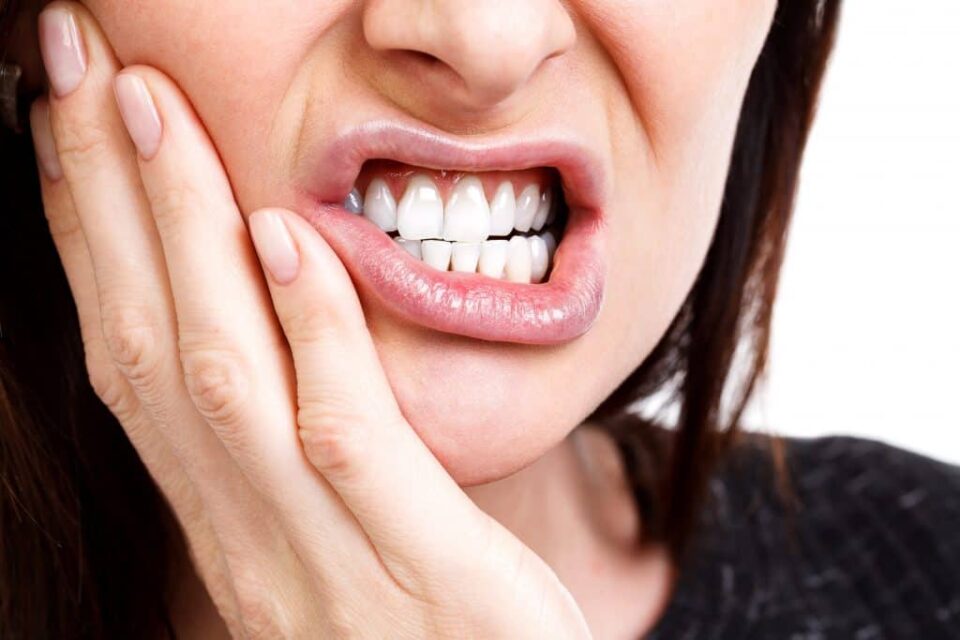A bad bite, also known as malocclusion, is a common dental issue that affects many people. This condition involves misalignment between the upper and lower teeth when the jaws are closed, leading to a variety of problems in oral health and aesthetics. While some people may naturally have a bad bite due to genetic factors, others can develop this condition due to external influences. These influences range from prolonged thumb sucking during childhood, jaw injuries, and premature loss of baby or adult teeth, to even certain habits like tongue thrusting.
The implications of a bad bite extend beyond mere cosmetic concerns, it can lead to difficulties in speaking and eating, gum disease, tooth decay, and even chronic headaches. Understanding the causes and effects of a bad bite is key to seeking appropriate dental care and maintaining optimal oral health. A Morrisville orthodontist can help you identify the causes and provide adequate treatment.
Let us now look into the common causes of bad bites.
- Thumb-Sucking in Early Childhood
This common childhood habit can lead to a bad bite if continues for too long. It occurs because the constant pressure from the thumb can cause the teeth to shift out of place, leading to problems like an overbite or underbite. So, it is advisable to discourage this habit as soon as the child’s permanent teeth start to grow.
- Injuries That Affect the Jaw
Trauma to the jaw can result in a misaligned bite. The injury may shift the jawbone, affecting the alignment of the teeth and causing issues such as crossbites, overbites, or underbites. Immediate medical attention and possibly orthodontic treatment are necessary to correct the issue.
- Mouth or Jaw Tumors
Tumors in the mouth or jaw can cause a bad bite by distorting the shape of the jawbone or pushing teeth out of alignment. This can make it difficult to chew or speak properly, and it may require surgical intervention. Regular check-ups with a dentist can help detect any abnormalities early.
- Prolonged Use of Pacifier
Similar to thumb-sucking, prolonged use of a pacifier can also lead to a bad bite. The pacifier can push the front teeth forward and cause them to tilt, resulting in an overbite or other types of malocclusion. Parents should monitor the use of pacifiers and aim to wean children off them by the age of two.
- Poor Oral Care
Neglecting oral hygiene can lead to tooth decay and gum disease, which can cause teeth to loosen or fall out. This can alter the alignment of the remaining teeth, leading to a bad bite. Regular dental check-ups and good oral hygiene habits can help prevent this. It is also important to brush and floss daily and maintain regular appointments with a dentist.

